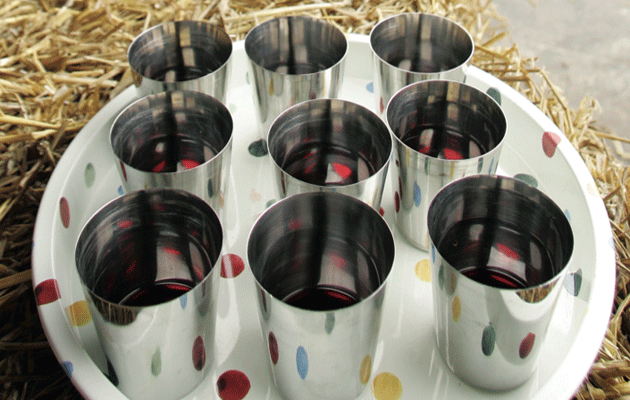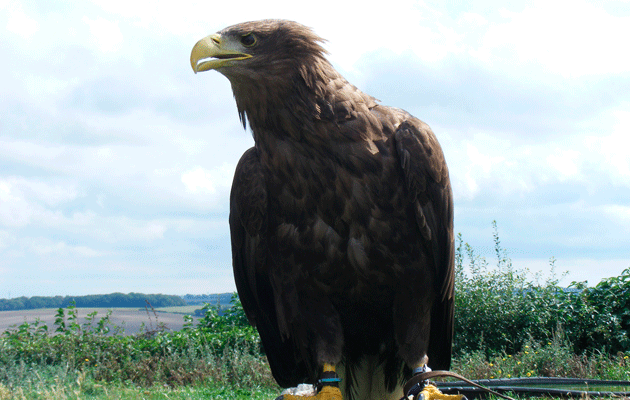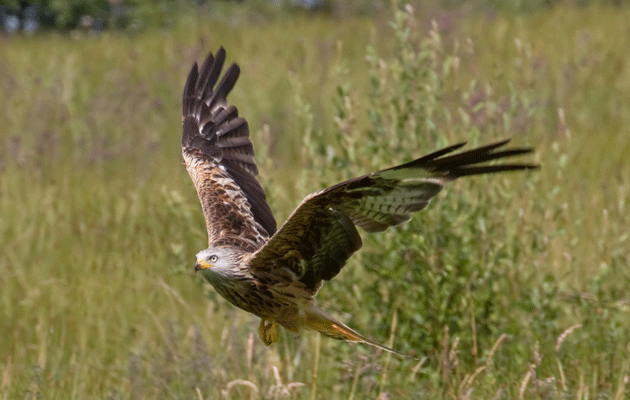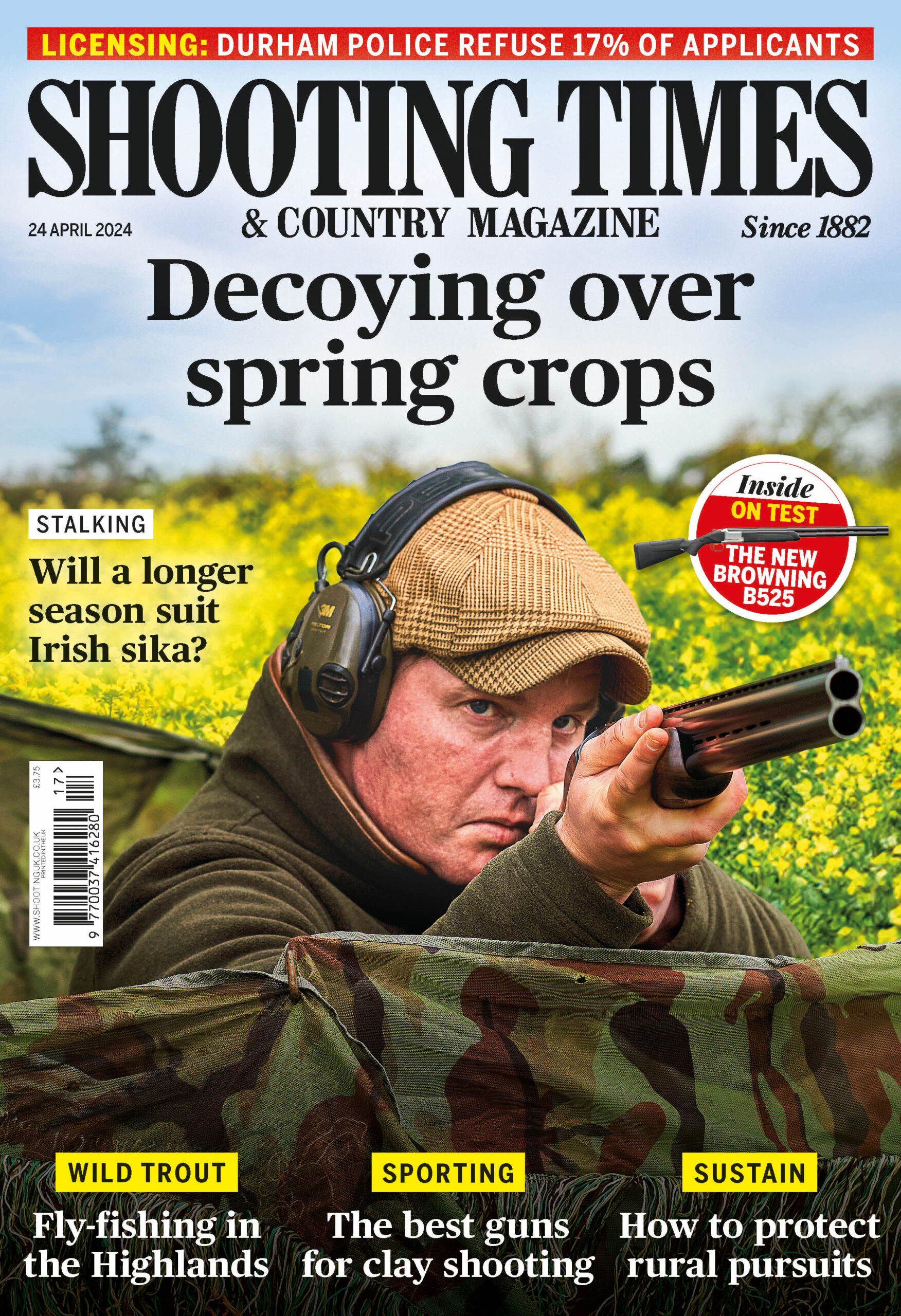Sharpshooter
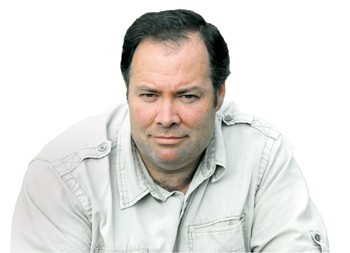
Land is a common denominator for shooting sports. Our quarry needs land to inhabit so we need land to shoot over. About 70 per cent of the UK?s land surface is farmed. Of the rest, about 12 per cent is wooded (of which the state owns less than one fifth in England). Of the remaining 18 per cent, more than half is physically covered in buildings or urban infrastructure. Overall, the State owns less than a sixth of all land, and much of that isn?t suitable for shooting over.
Historically we were an agricultural society, but by 1850 more than half the population lived in towns or cities. Today, that figure is over 80 per cent. Despite this, many of us retain an instinctive attachment to the land.
In one sense a great many people own land, because we are a nation of homeowners. However, when we think of ?land?, we tend to think of rural land and the vast majority of rural land is privately owned.
There are currently about 300,000 active farmers in the UK (about 70 per cent of whom are owners) and the average size of an agricultural holding is 141 acres. In Wales and Northern Ireland the average is a little under 100 acres. (This might seem smaller than you thought but, of course, a mean average is not to be confused with a mode average, or commonest size). In 2006, 534,000 people were recorded as working on farms, of whom 198,000 were part-timers. In 2009, average UK farm incomes were £21,000. Hill farm incomes were much lower.
A privileged existence?
Who owns rural land in the UK today? A surprising diversity of people, is the answer. In addition to all the smallholdings, farms and estates there is an increasing market for amenity land, particularly small woodlands, ponds and paddocks for horses. I know a retired man who owns 200 acres of commercial forestry in southern Scotland. He bought it some years ago, purely because of his interest in stalking. A former local council worker, he?s certainly no toff.
As a boy, I always dreamed of owning my own little bit of land ? a field, a copse, a marsh ? anything. As I grew up, I found myself working and living all over the world. Now, after years of hard work, I have a modest hill farm in Northumberland. Am I, therefore, ?privileged?, as a reader recently suggested? I believe I am when I wake in the morning to the glorious sound of curlews over my fields. But then, I also had the ?privilege? of paying for those same fields.
Many charities or not-for-profit organisations own land. These range from local outfits, such as wildlife trusts or wildfowling clubs, to huge institutions like the RSPB (the eighth largest landowner in Scotland), the National Trust (largest landowner in the UK) or the Church Commissioners. Commercial bodies, such as the Co-op, Alcan and the various water companies, also own a lot of land.
Then there is the State, in the form of the Forestry Commission and the MoD. Local councils traditionally owned small farms that were typically let to new entrants. Sadly, many of these are now being sold off. Finally, there is the Crown, which owns the foreshore.
So, privately-owned land is the norm in the UK, and there are all sorts of different categories of private landowner. The last government gave the general public a right of access over certain types of private land in England and Wales, including commons (which were never public, incidentally; the name comes from ?private rights held in common?, with the rights being held by strictly defi ned people, such as the residents of a manor). In Scotland the public has even wider rights of access.
However, with the quirky exception of wildfowling on Crown foreshore, there is nothing equating to a public right to shoot over any land in the UK. True, both the Forestry Commission and the MoD let some stalking and shooting leases but, mostly, our sport depends on private landowners.
Have your say: if you have a view on a current news topic, send it, in no more than 500 words, to [email protected].
What is YOUR opinion?
Join other ST readers in our forums to discuss your views.
Like this article? Mark this page on a social bookmarking website…
![]()
What are social bookmarking sites?

